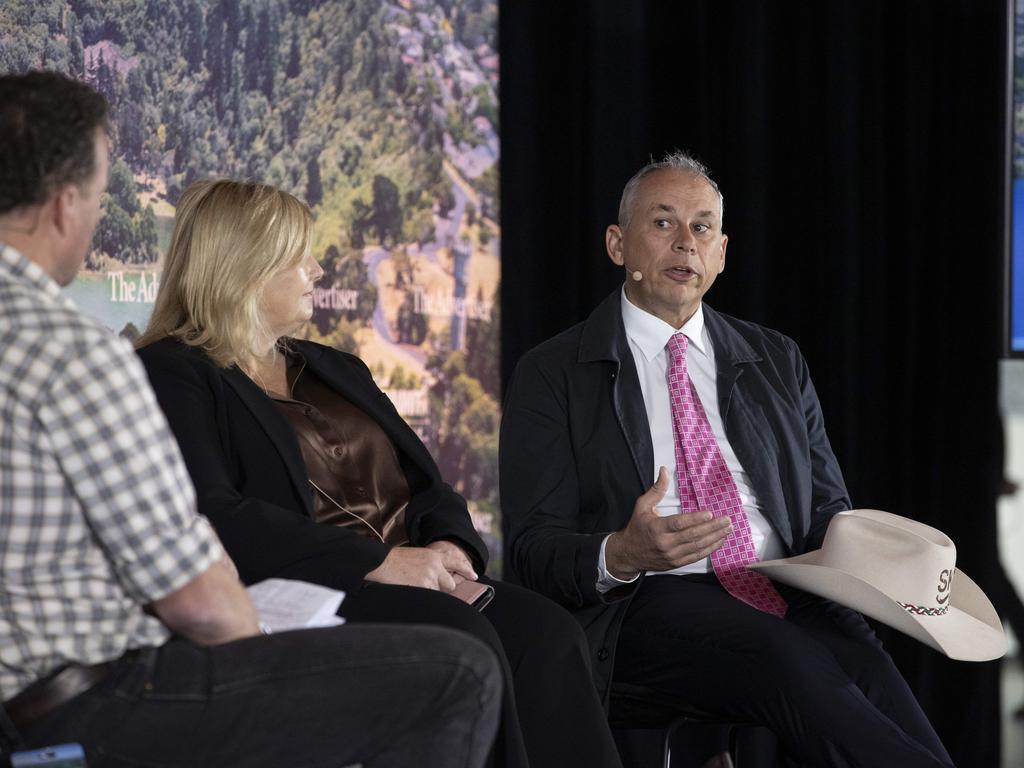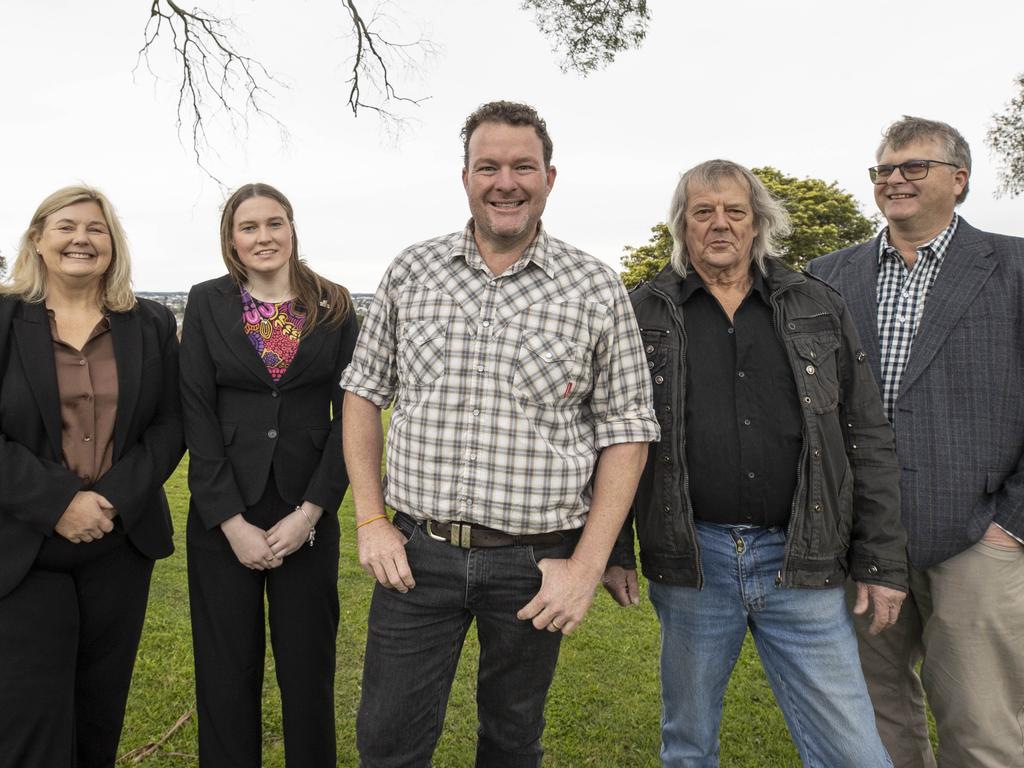
Article by Paul Starick, courtesy of The Courier Mail.
22.08.205
Australia is heading toward a Venezuela-style economic collapse because of governments’ addiction to spending ahead of encouraging earning and enterprise, says the head of the famed Kidman cattle empire.
S. Kidman & Co chief executive officer Adam Giles, a former Northern Territory chief minister, told The Advertiser’s Mount Gambier Bush Summit that leaders talked a lot about spending on health, education and other services, which everyone wanted at a high standard, but kept “whacking the people who are earning the money”.
Mr Giles urged abandonment of Australia’s push for net zero and was backed by federal Liberal MP Tony Pasin, whose Barker electorate includes Mount Gambier, who revealed he would back Barnaby Joyce’s Repeal Net Zero Bill set to be debated next week.
Mr Giles warned Australia could become “the next Venezuela”, which is enduring an ongoing crisis caused by hyperinflation, corruption, economic mismanagement, and heavy dependence on oil revenues.
“We need people standing up and saying: “How do we get our businesses better and how do we earn more?’, because there’s not just a spending side of the equation, it’s an earning side of the equation, and I think we miss that,” said Mr Giles, also the Hancock Agriculture chief.
“ That’s where I come back to are we heading towards Venezuela because we’re just spending and we just keep whacking the people who are earning the money on the back of the neck.”

Asked what he would do if he was Prime Minister to change this, Mr Giles urged getting out of net zero and the Paris Agreement on climate change to “reset the agenda on energy policy in Australia and have a broader, long-term look”.
“By taking us out of net zero, we’ll get electricity prices down, and we can start allowing our milk producers to produce milk at a better price, our cheese prices to come down in the supermarket, our chocolate prices to come down, all of these things that are impacting us as consumers,” he said.
“But it also means that small businesses won’t be failing at record levels, because people can get on with producing or making or selling what they need without being smacked in the back of the head by high cost, which is making it unsustainable economically for so many of us.”
Advertiser Editor Gemma Jones opened the Bush Summit, saying SA’s farmers faced similar red tape, bureaucracy and devastating financial challenges to those highlighted in one of her favourite programs – Jeremy Clarkson’s hit TV show Clarkson’s Farm.
Ms Jones said personal visits to a number of farms in 2024 showed her the depths of struggle SA’s farmers face – but also the hope they hold.
The Advertiser’s ‘Peter Party’ in April saw Premier Peter Malinauskas attend a free street party hosted in the parched Mid North town of Peterborough.
The party – the culmination of The Advertiser’s For Pete’s Sake campaign – offered farmers, businesses and community members a chance to unite as they deal with one of the worst droughts in the state’s recorded history.
In an interview at the Bush Summit, Mr Pasin warned soaring energy costs had driven up consumer prices and were severely hampering farmers’ ability to produce food.
“The reality in my view is Australia should be not tying its hand behind its back on net zero. We should limit Australian emissions. We should cap Australia emissions at one per cent. That’s our contribution. Australians are fair-minded. They want to do their bit and one per cent is our bit,” he said,
”But I don’t think we should do extra because America, India, China, the third world, aren’t part of this arrangement, I think that’s unfair. And I think it’s unnecessarily cruelling Australian industry.”

In an interview at the Bush Summit, Mr Malinauskas said technological change might make nuclear energy economic for Australia in the future but it was not now.
Instead, he echoed his Energy Minister Tom Koutsantonis’s view that decarbonising the electricity grid could not happen without gas.
“I think in terms of public policy effort, we should be looking at what makes a difference. And in our view, we’re going to need to increase the country’s domestic gas supply … while at the same time investing in renewables,” he said.
Renewables, when the sun is shining, the wind is blowing, backed up by natural gas generation, in our view, is the most economic proposition for the country at this moment in time.”
Mr Malinauskas also endorsed a federal road user charge for electric vehicles, stemming from Treasurer Jim Chalmers’ three-day productivity summit, to replace fuel excise revenue.
“If we don’t address that revenue gap with EVs, and EVs make no contribution to the tax base to invest in roads, that’s going to mean less money for regional roads,” he said.
“This is a federal government revenue stream. It should be established by the federal government that is nationally consistent, so that we don’t have a situation that would end up being ludicrous, where people are travelling across borders and having different tax regimes for driving. Fuel excise is consistent around the country. That should be true for any impost that’s made in terms of taxation contribution on EVs.”
